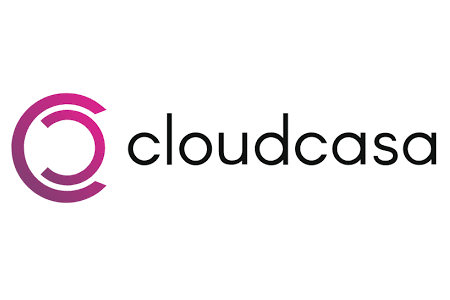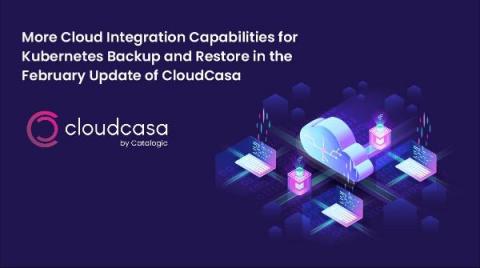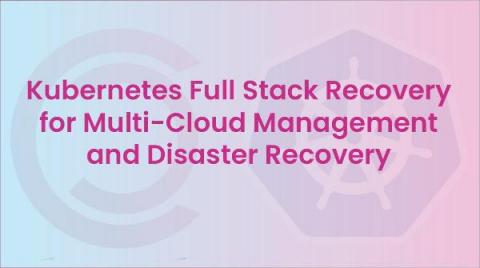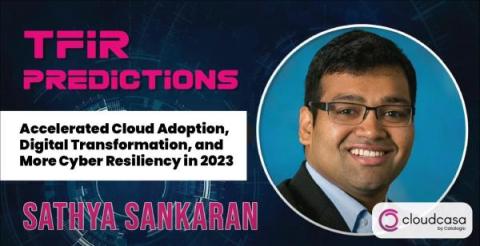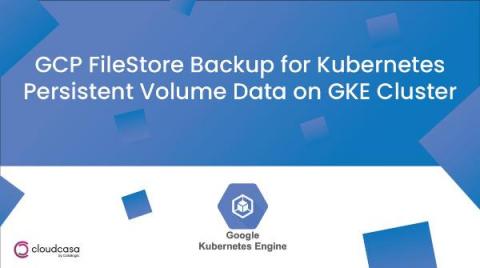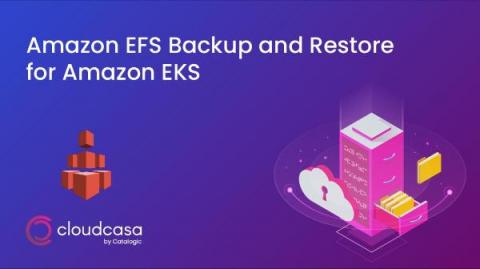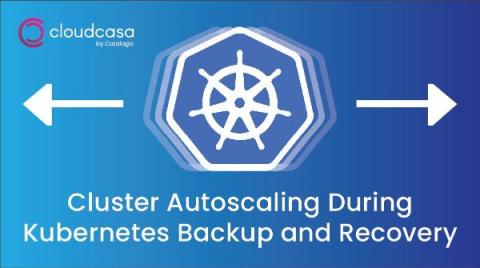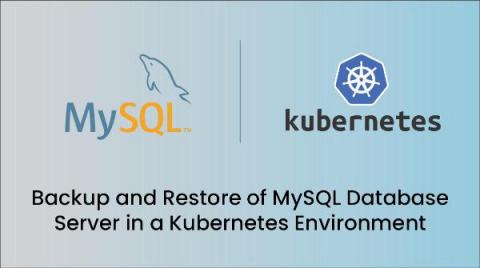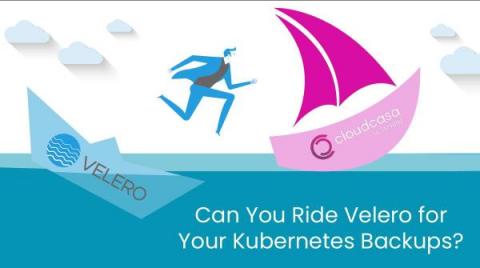Security | Threat Detection | Cyberattacks | DevSecOps | Compliance
Latest Posts
More Cloud Integration Capabilities for Kubernetes Backup and Restore in the February Update of CloudCasa
Mid-winter is fast approaching, meaning it’s nearly time to start thinking about spring again! But here at Catalogic all we’ve been thinking about lately is adding more features to CloudCasa. We were thrilled to hear that CloudCasa has been named a Kubernetes data protection leader and outperformer in the recently released GigaOm Radar for Kubernetes Data Protection Report, but we have no intention of resting on our laurels!
Kubernetes Full Stack Recovery for Multi-Cloud Management and Disaster Recovery
Most Kubernetes users understand the complexity involved in managing multiple Kubernetes clusters, especially when those clusters are hosted in hybrid cloud or multi-cloud environments.
Accelerated Cloud Adoption, Digital Transformation, and More Cyber Resiliency In 2023
In this episode of 2023 Predictions, Sathya Sankaran, General Manager of CloudCasa by Catalogic, speaks with Swapnil Bhartiya on his insights into where he sees the industry heading in 2023. The pandemic resulted in the acceleration of cloud adoption and digital transformation and Sathya expects this momentum to continue in 2023 as well.
GCP FileStore Backup for Kubernetes Persistent Volume Data on GKE Clusters
Google Cloud Provider (GCP) Filestore is a good place to keep lots of rich, unstructured data, such as graphic designs, video editing files, and other media workflows that use files as input and output. Having GCP Filestore backups enables users to protect themselves against the rare case of inaccessibility, accidental changes, ransomware attacks, or other types of disasters.
Amazon EFS Backup and Restore for Amazon EKS
Amazon Elastic File System (EFS) is a simple, scalable and fully managed file storage service to support the storage and throughput needs of your Kubernetes applications. Amazon EFS is designed to be highly available and durable, however your EFS data can still be prone to data loss, data corruption, and have compliance issues. Amazon EFS Backup and Restore of data helps protect against data loss due to hardware failures, accidental deletion, ransomware attacks, or other types of disasters.
Cluster Autoscaling During Kubernetes Backup and Recovery
Companies often see seasonal business spikes with periods of increased on-line demand or activity. To meet the changing application demands, Kubernetes has become the platform of choice to automatically scale web applications and infrastructure up and down. Autoscaling in Kubernetes adjusts the resources that are available to run the application or service, while minimizing the cost of those resources.
Backup and Restore of MySQL Database in a Kubernetes Environment
MySQL database is one of the most popular open-source relational database management systems, and it is a top choice for some of the world’s favorite websites and web applications including YouTube, Twitter, and WordPress. Handling so much data and protecting it is incredibly important to organizations.
How Integrating with GCP Benefits Kubernetes Data Protection and Data Migration for GKE
TFiR has produced its brand-new video show called Let’s See. This is the first time that TFiR has come up with a demo show where we will get to see how some of the technologies and products work.
Can You Ride Velero for Your Kubernetes Backups?
Modern containerized applications are increasingly born in the cloud and the big three managed Kubernetes services – Azure Kubernetes Service (AKS), Amazon Elastic Kubernetes Service (EKS), and Google Kubernetes Engine (GKE) – rule the skies. With more users picking managed services in public cloud as their preferred platform, self-managing a backup infrastructure in the cloud is an antithesis.


